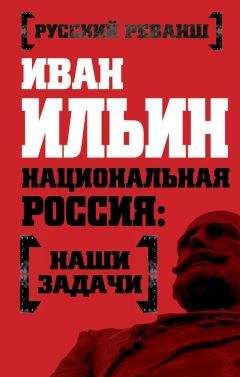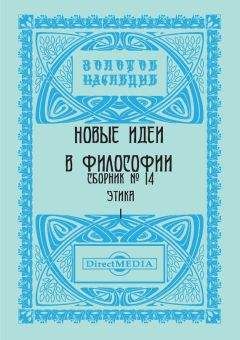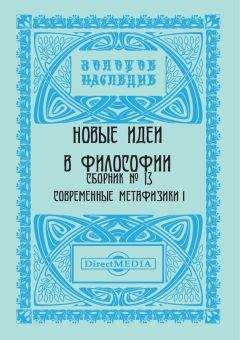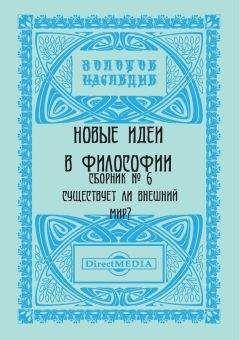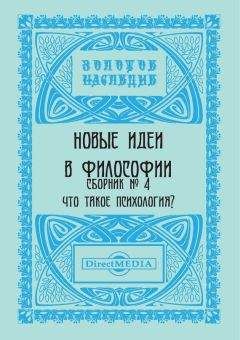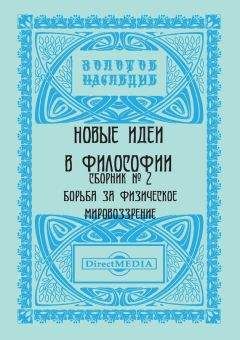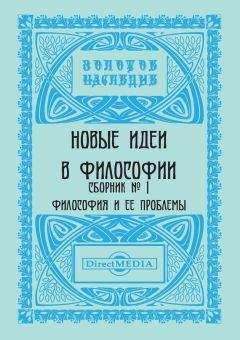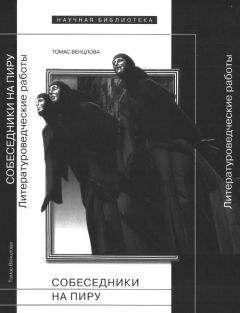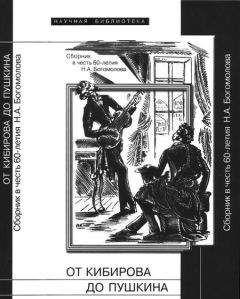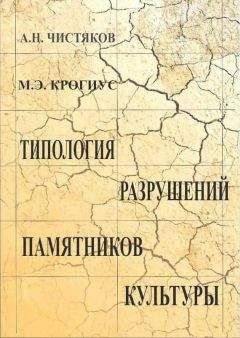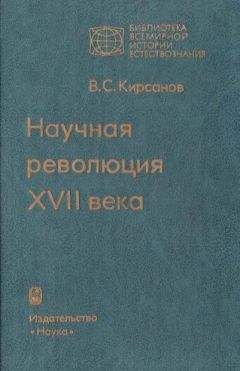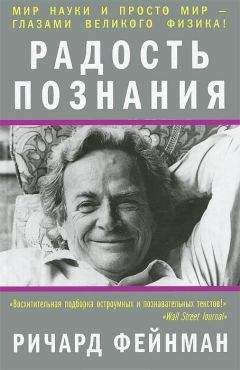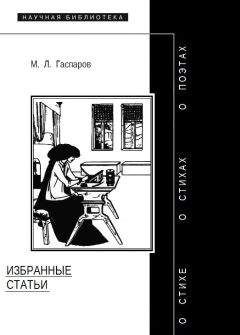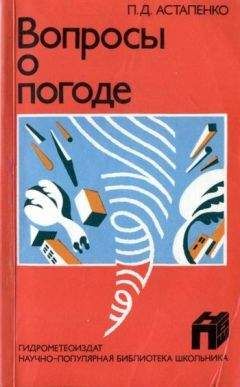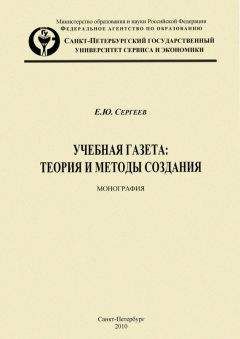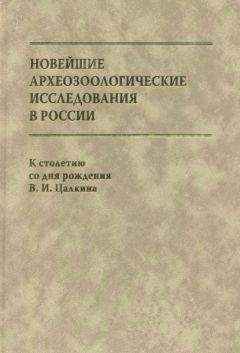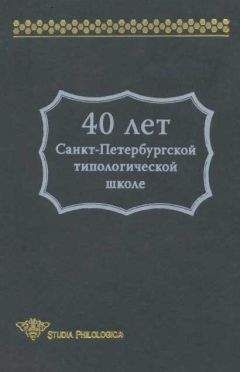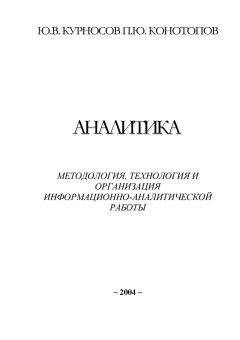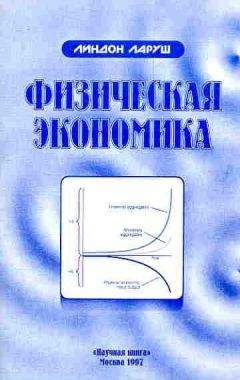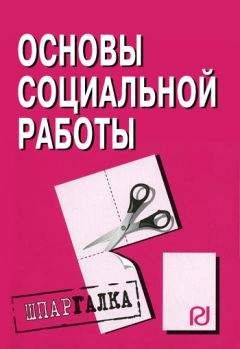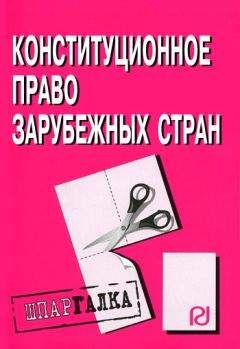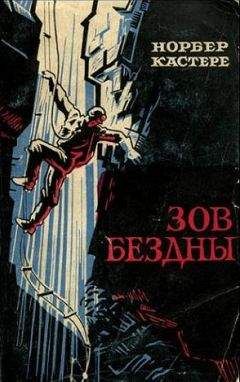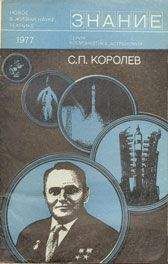Михаил Безродный - Россия и Запад
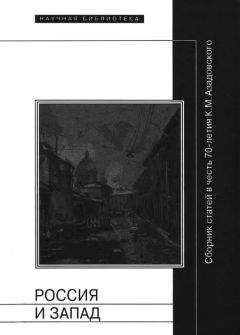
Скачивание начинается... Если скачивание не началось автоматически, пожалуйста нажмите на эту ссылку.
Жалоба
Напишите нам, и мы в срочном порядке примем меры.
Описание книги "Россия и Запад"
Описание и краткое содержание "Россия и Запад" читать бесплатно онлайн.
Сборник, посвященный 70-летию одного из виднейших отечественных литературоведов Константина Марковича Азадовского, включает работы сорока авторов из разных стран. Исследователь известен прежде всего трудами о взаимоотношениях русской культуры с другими культурами (в первую очередь германской), и многие статьи в этом сборнике также посвящены сходной проблематике. Вместе с тем сюда вошли и архивные публикации, и теоретические работы, и статьи об общественной деятельности ученого. Завершается книга библиографией трудов К. М. Азадовского.
Early on, Akhmatova’s themes were private life and love relationships. She was the first Russian woman to develop the large following of a poetic celebrity and to make a distinctive woman’s voice really audible a wide audience. No longer merely the male poet’s muse, now the beloved knows her own mind, speaks for herself, and responds with wit and passion to the male other. Pasternak focuses less directly on human relationships than on embracing and transfiguring the objects of everyday life. Ecstasy at the ordinary things of life illuminates Pasternak’s verse. Weather, rain, sun, window frames, or a train schedule — each of these things can become an active, energetic being, enlivening both natural and built environments.
Both Akhmatova and Pasternak as mature poets would agree with a view of lyrical art as the creation of the «miraculous»: the inspired transfiguration of the ordinary things of this world through a singular voice and poetic persona that allow the reader or listener to perceive in a fresh way. The goal of poetry for both of them is to transform the quotidian and to see and let others see the miracles of the everyday. Although from her earliest poetry on Akhmatova’s poetic idiom was imbued with references to Orthodox life, Pasternak would begin to immerse himself in the Christian tradition only at the end of the 1920s. Then, I will argue, he would actively compete with Akhmatova for the status of the moral voice of his epoch, building his authority in part on an appropriation of crucial Christian themes absorbed both from from Akhmatova, as well as other poets of the Russian renaissance.
The use of biblical themes and archetypes by both poets would eventually contribute to the state’s relegating both poets to the status of «inner exile», surviving through literary translation, though still writing poetry «for the drawer» (not for publication), and at great risk to their lives[339]. Despite political repression, both would employ forbidden biblical archetypes to infuse their own poetic voices with subtle but powerful authority in an effort to withstand tyranny and to create literary monuments that would outlast the tyrants themselves. Akhmatova developed this strategy quite a bit earlier than Pasternak. And Pasternak adopted it, partly in response to Akhmatova
The typical interpretive argument about Pasternak’s engagement with the Orthodox heritage and Scripture stresses the strong influence of another of the four great poets of this generation, Marina Tsvetaeva Though after 1921 Tsvetaeva lived in exile in Europe, Pasternak carried on what can euphemistically be called a creatively passionate relationship with her in letters and poems throughout the mid — 1920s. Tsvetaeva’s cycle of three very sensuous poems devoted to Mary Magdalene, written in 1923, show a Christ resurrected through Magdalene’s love. These poems made a deep and well-demonstrated impression upon Pasternak[340].
The goal of this essay is to show that the much longer-lived but more subtle creative rivalry between Pasternak and Akhmatova was vitally important for the development of Pasternak’s art, as well sustaining the legacy of the Russian religious renaissance during Stalin’s terror. Akhmatova’s and Pasternak’s poetic conversation converges in two of the poets’ greatest works, both written in deepest secret, Akhmatova’s cycle, «Requiem», composed in the late 1930s, and Pasternak’s Nobel-prize-winning novel, «Doctor Zhivago», written in the late 1940s and early 1950s, another period of gathering persecution. This story proceeds in three episodes: 1) Akhmatova’s bold poetic «opening the Bible» in the years of a young and virulently anti-religious Soviet society and Pasternak’s overt dismissal of this gesture; 2) Akhmatova’s fearless witness to Stalin’s terror, which Pasternak seemingly ignores; and finally 3) Akhmatova’s late-life quarrel with one of Pasternak’s most famous religious poems[341].
Akhmatova reached full poetic maturity in the awful years of the Russian Civil War, especially at the end, when her estranged husband, the poet Nikolai Gumilev, was shot August 1921 as a White counterrevolutionary. In one of her greatest books, «Anno Domini МСМXXI» (first published 1922), Akhmatova adopts the role of the poetic chronicler of her age. The title of this fifth volume of poetry bears a Latin calendar date with numbers written in Roman numerals, linked deliberately to the birth of Christ and acknowledging the dominant nomenclature of the West-em calendar and Western history. One of its finest poems, «Lamentation [Prichitanie]», paraphrases lines from Psalm 29:2, «Bow down to the Lord / In His Holy Court». Here Akhmatova bids farewell to the objects of Russian religious culture, the icons and bells, as well as its figures, the holy fool, the bishops, and Russian saints. The only figure remaining will be the crucial Orthodox Christian archetype of the Mother of God:
Спит юродивый на паперти.
На него глядит звезда.
И, крылом задетый ангельским,
Колокол заговорил
Не набатным, грозным голосом,
А прощаясь навсегда.
In contrast to Mayakovsky’s irreverent, aggressive Christ, Akhmatova describes the Russian saints emerging from their icon covers and returning to their village homes:
И выходят из обители,
Ризы древние отдав.
Чудотворцы и святители,
Опираясь на клюки.
Серафим — в леса Саровские
Стадо сельское пасти,
Анна — в Кашин, уж не княжити,
Лен колючий теребить.
The figure of the Mother of God offers a transition to Akhmatova’s ensuing biblical poems that bring alive three Old Testament women characters: «The Mother of God sees them off, / Wraps her son in a scarf, / An old beggar’s one / Dropped by the Lord’s porch»[342]. In «Lamentation» we see that Akhmatova is already moving from her earlier conscribed role as «poet of the private chamber» into the public sphere[343]. This milestone is best captured in «Lot’s Wife», written 1922–1924, in which Akhmatova foregrounds the wife. Lot’s wife is pictured following her husband and an angel away from Sodom, when she starts to feel anxious:
But uneasiness shadowed his wife and spoke to her:
Но громко жене говорила тревога:
Не поздно, ты можешь еще посмотреть
На красные башни родного Содома,
На площадь, где пела, на двор, где пряла,
На окна пустые высокого дома,
Где милому мужу детей родила.
The poet then speaks up for this minor, almost non-existent, Old Testament figure:
Кто женщину эту оплакивать будет?
Не меньшей ли мнится она из утрат?
Лишь сердце мое никогда не забудет
Отдавшую жизнь за единственный взгляд[344].
«Lot’s Wife» is often read as an allegory for Akhmatova’s sorrow at the loss of her vanished world of St. Petersburg, in which, as she would put it in Requiem, she was the «merry sinner». More importantly, Akhmatova infuses the single famous line from Genesis 19:26 («But his wife looked back from behind him, and she became a pillar of salt») with the pain of losing a beloved and happy home. The poem’s real strength comes from Akhmatova’s complex reading of the lesson of Luke 17:32–33, which derives from the story of Lot’s wife: «Remember Lot’s wife. Whosoever shall seek to save his life shall lose it; and whosoever shall lose his life shall preserve it». As a poet sympathetic to the suffering of Lot’s wife, Akhmatova is at once saving and losing her own life. On one hand, she refuses to «save» herself by leaving Russia — in contrast to Lot and his wife, who did leave Sodom — to live a more secure life abroad. On the other, she insists on mourning the loss of her cultural home in pre-revolutionary St. Petersburg and preserving it in memory in a poem that is now a classic of Russian poetry. It is worth pointing out parenthetically that after 1917 until the 1950s Akhmatova had no actual home of her own but camped out with various friends, spouses, and lovers[345]. In thus «losing» her life, Akhmatova did preserve it in the annals of great poetry.
To convey the impression these poems made on the people who heard them at a time, in which Scripture was forced inexorably into oblivion, we recall the words of the great memoirist and friend to both Akhmatova and Pasternak, Lidiya Chukovskaya The Bible, she wrote in her memoirs, was «dead to me — but Akhmatova’s „Biblical Verses“: „Lot’s Wife“… resurrect the Bible [Bibliiu voskreshaiut]»[346]. In contrast, in 1924, when the poems appeared, the not very approving Formalist critic, Iurii Tynianov wrote that in these poems «the Bible, which used to lie on her table, an accessory to the room, has become the source of her imagery»[347]. In his view, Akhmatova’s poetry thereby became tendentious and flat.
Publishing these poems was a bold move on Akhmatova’s part, a gesture of non-acceptance to a regime that increasingly demanded unerring fealty. It was partly this open animation of biblical figures that made Akhmatova suspect in the eyes of the Bolshevik authorities, an act for which she would be condemned to public silence for nearly two decades. After a 1924 resolution of the Central Committee of the Communist Party not to arrest Akhmatova but also not to publish her, Akhmatova «threw herself into reading, or to be more exact, into the study of the Bible, the ancients, Dante, Shakespeare, French and English poets of the 19th century, and contemporary European and American literature»[348]. Out of this long silence and serious study would come an altered Akhmatova, no longer the «nun who crosses herself as she kisses her beloved» but the moral voice of her people and witness to the horrors of her time[349]. Hers became «people’s poetry» without ever becoming officially accepted, and certainly had much greater truth value because it was never officially accepted[350].
Pasternak’s journey to the status of national poet passed by another route — first embracing the revolution, until he began to reflect on the misfortune sown by the new regime. He shot to fame in 1922 with the appearance of his first book of poems, «My Sister Life». Iurii Tynianov, who had disliked Akhmatova’s biblical poems, hailed Pasternak for giving Russians a new «literary thing»; in these poems, Tynianov wrote, a «downpour starts to be verse» and the «thing comes alive»[351]. Although Pasternak’s would later become a powerful dissenting voice, in part through engaging the perspective offered by the modern Orthodoxy of the Russian religious renaissance and the new biblical themes of Tsvetaeva and Akhmatova, now he was a voice of ecstasy, celebrating the chaotic forces of life.
The great memoirist, Nadezhda Mandelshtam, saw Pasternak’s poetry as a «type of revelation» filled with the «великая радость узнавания»[352]. Later in life Pasternak would characterize poetry as a form of miracle working. As he wrote in the «Doctor Zhivago» poem, «August» (1953), poetry «captured in words, the image of things», an act that was «both making and miracle-making»[353]. Pasternak’s «miracle» vocabulary intersects with Akhmatova’s, who in her poem, «Disaster» («Все расхищено, предано, продано», 1921), and well before, sought miracles and celebrated miracle workers.
There is no textual or biographical evidence that Orthodox culture, or indeed any religious culture, was important to Pasternak before 1929. «Сестра моя — жизнь», written well before the biblical poems of Tsvetaeva and Akhmatova, uses at most a few peripheral religious images, for «Что в мае, когда поездов расписанье / Камышинской веткой читаешь в купе, / Оно грандиозней святого писанья»[354]. Only in 1929 did Pasternak show any deeper interest in sacred text, now in a poem titled «To Anna Akhmatova». At the end of the poem he both cites and resists Akhmatova’s identity with Lot’s wife:
Таким я вижу облик ваш и взгляд.
Он мне внушен не тем столбом из соли,
Которым вы пять лет тому назад
Испуг оглядки к рифме прикололи,
Но, исходив от ваших первых книг,
Где крепли прозы пристальной? крупицы,
Он и во всех, как искры проводник,
Событья былью заставляет биться[355].
In this poem Pasternak does not agree with Akhmatova as fitting the figure of Lot’s wife, who turns to salt, looking back nostalgically at her beloved home. He rather makes Akhmatova a bit like himself, a poet of the everyday prose of life, transformed and enlivened. To this poem, which she did not like but gave permission to publish, Akhmatova responded with a photo of herself with the inscription: «To Boris Pasternak, a miraculous poet and the most alive person in the USSR. Anna Akhmatova»[356]. It is worth pointing out here that Akhmatova in this inscription also creates Pasternak somewhat in her own image. Words connected with «miracle», for example, «miraculous» or «miracle worker», are much more part of the vocabulary of her early work than that of the early Pasternak[357].
Further corroboration of the year 1929 as the year of Pasternak’s «opening the Bible» and of Tsvetaeva and Akhmatova as two probable sources comes in his early poetic-philosophical autobiography, «Safe Passage», also written in 1929. For the first time he accorded a measure of truth value to the Bible: «Я понял, что, к примеру, Библия есть не столько книга с твердым текстом, сколько записная тетрадь человечества, и что таково все вековечное. Что оно жизненно не тогда, когда оно обязательно, а когда оно восприимчиво ко всем уподоблениям, которыми на него озираются исходящие века»[358]. Now, for the first time. Scripture gains inner meaning and significance in Pasternak’s writing. Though he claims this insight came to him in 1912 as a student visiting Venice and its collections of religious art, we must ask whether this thought did not really come to him much later and more forcefully, in the early 1920s through Tsvetaeva’s Magdalene cycle and Akhmatova’s biblical verse. The evidence would be in Pasternak’s poetry and its response, not to Venetian art, but to the two poets and their archetypes, Tsvetaeva’s Magdalene as lover offering salvific love and Akhmatova’s Lot’s wife and Mary Mother of God.
Подписывайтесь на наши страницы в социальных сетях.
Будьте в курсе последних книжных новинок, комментируйте, обсуждайте. Мы ждём Вас!
Похожие книги на "Россия и Запад"
Книги похожие на "Россия и Запад" читать онлайн или скачать бесплатно полные версии.
Мы рекомендуем Вам зарегистрироваться либо войти на сайт под своим именем.
Отзывы о "Михаил Безродный - Россия и Запад"
Отзывы читателей о книге "Россия и Запад", комментарии и мнения людей о произведении.





